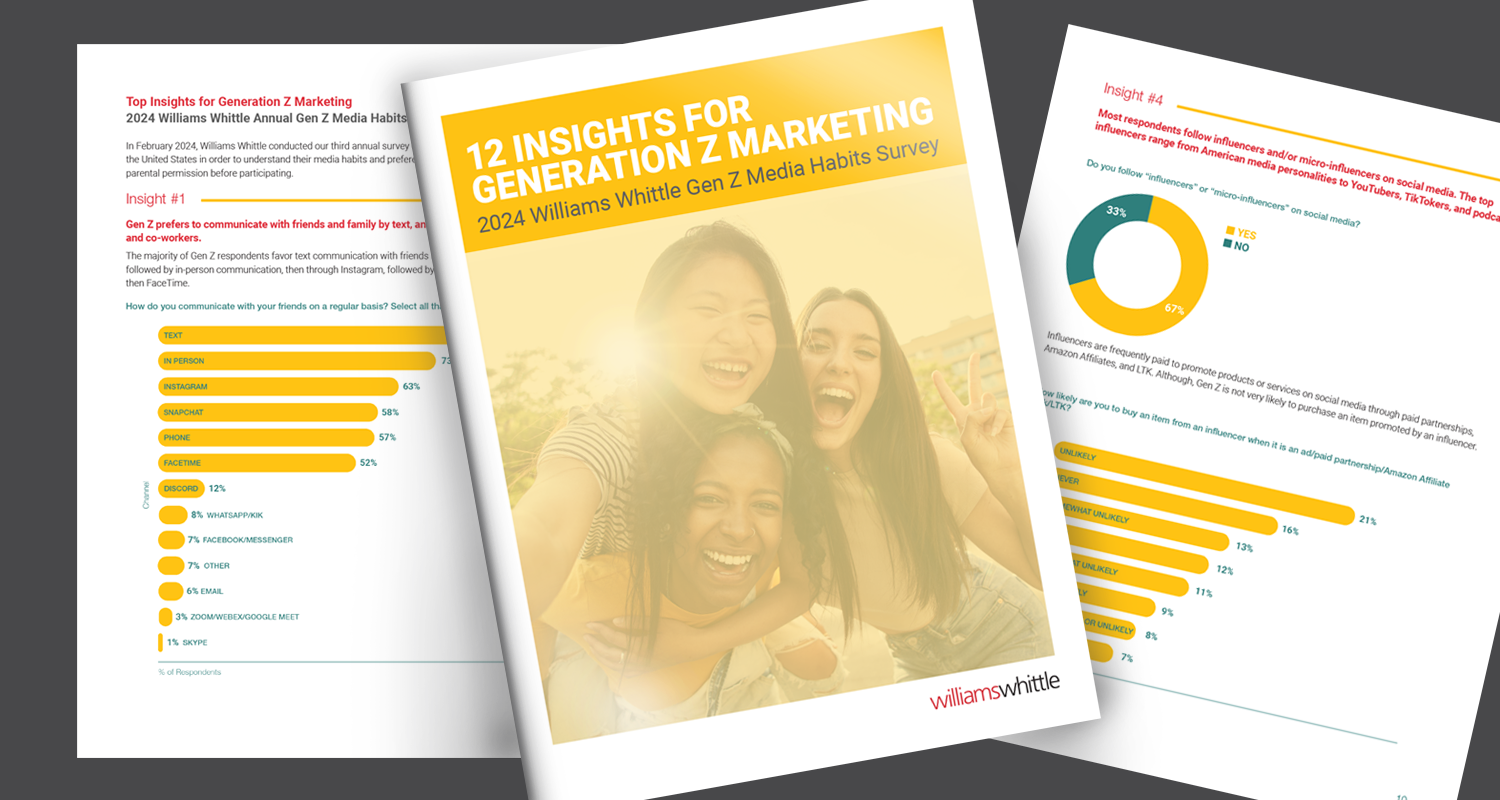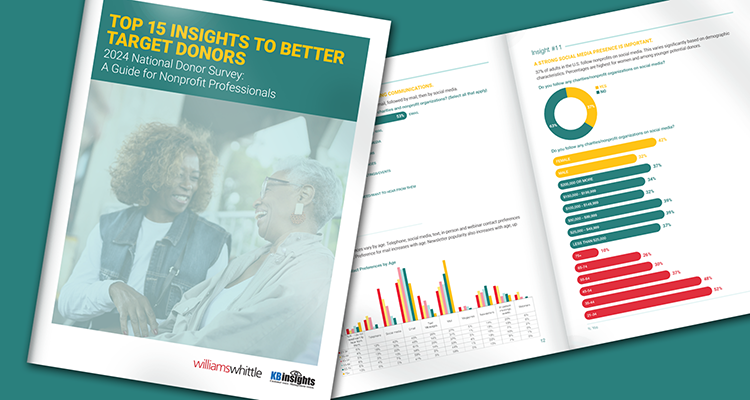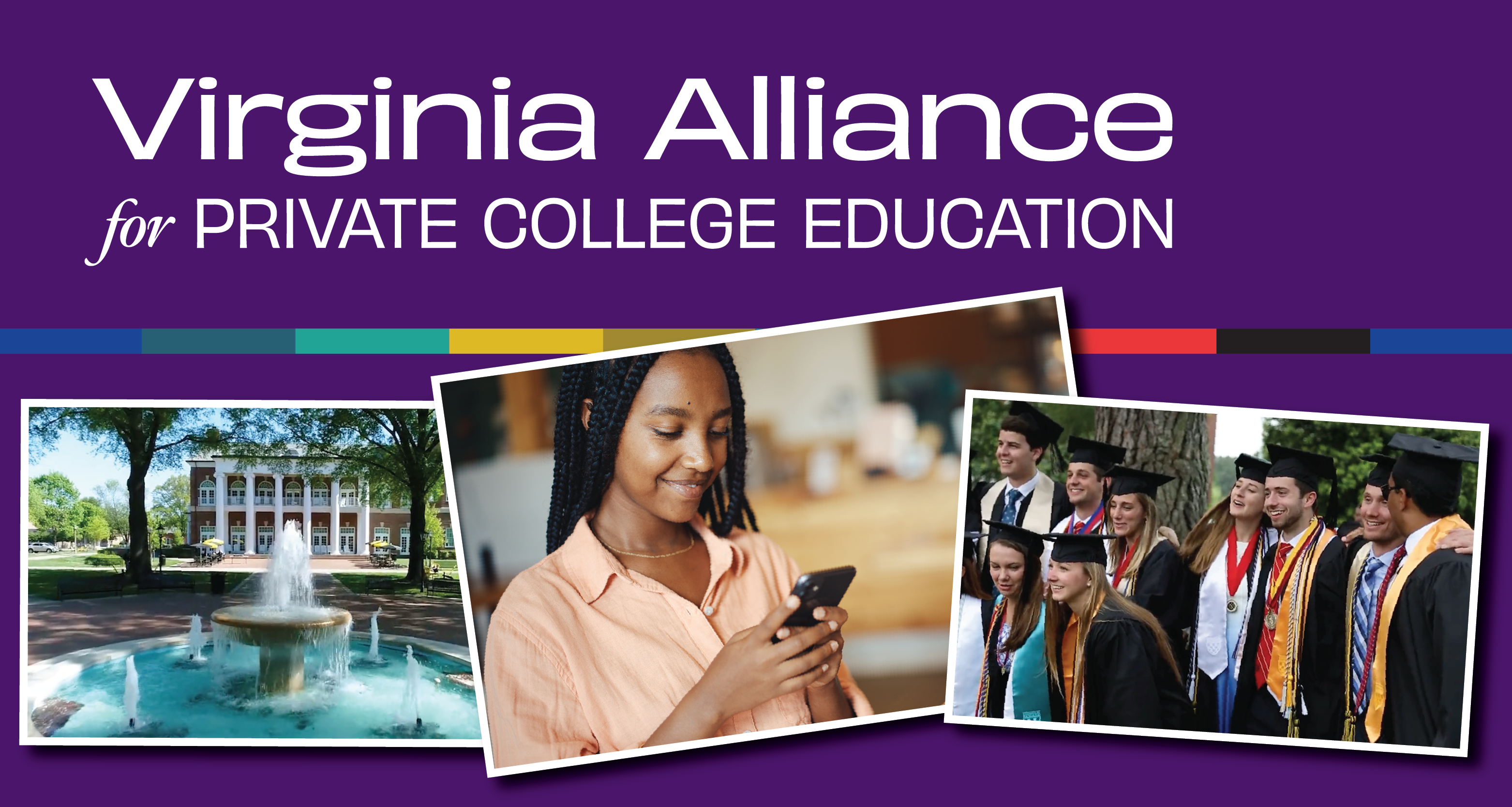I’ve heard people say that love connects everyone in the world. I’ve also heard that the Internet connects everyone in the world (that one’s from my almost-10-year-old niece.) Here’s my stance: music connects everyone in the world. Music stretches beyond language barriers and connects emotions like love, anger, hope or sadness. I know, that sounds poetic, but I believe it to be true.
To say that music has made an impact on my life is an understatement. Music is in my roots as an individual. At the ripe age of 9, I heard my elementary school orchestra teacher play part of the William Tell Overture and went home to tell my mom I had to play the viola. I wanted to be able to play the theme just like the teacher had played. (She had used a technique called ricochet, where you throw the bow on the string so that it bounces and produces a series of rapid notes. It was very cool to a fourth grader.)
I guess you could say the rest is history. Music became my go-to; my outlet for emotions, my place to shine. Through music, I made lifelong friends. I went on exciting trips, played with musicians from around the country and met conductors from all over the world. I earned mentors that changed my life. Through music, I learned how to conquer a challenge by practicing. I learned that I had to earn, through hard work, my chair (my position).
Fast forward. Almost ten years after deciding I wanted to play the viola I was preparing to apply for college. In search of a unique and memorable topic for my essay, I turned to music. It wasn’t hard to come up with something to say. Here is my college essay, unedited from 1998. (And pulled from a floppy disk. Yes, FLOPPY disk. And converted from WordPerfect!)
The gentle tap of his baton had quickly silenced the large group. From my seat in the middle of the viola section, I could see that every pair of eyes were fixed on the man on the podium. I was anxious as I watched him put his baton down and survey us, preparing what to say. He gave a brief synopsis of his travels and conducting, the prestigious symphony he conducts, and his personal journey in his love for music. I knew I was going to enjoy the weekend learning from him, for I was in my own search of musicianship. In my nine years playing viola, I had grasped the technicalities and now was struggling with the emotional core of music.
The only way to start our weekend was to jump into the pages, so we began to sight read the music. I frequently heard him laugh. Everyone struggled to stay with changing keys and meters. He knew we needed much practice to be able to pull off such a tedious and respected piece.
After two days and 20 hours of exhausting practice for our Senior Regional Symphony Orchestra, we had finished the dress rehearsal. After the last note we played he slowly put his baton down, scratched his chin and stared at his feet thinking about what he was going to say to conclude our work.
Shattering the silence, he shouted to us, “Musicians….you fine musicians….should never take drugs!”
Faint chuckles hid in the crowd. Puzzled, we turned to our stand partners. He waited until everyone was looking back at him for an explanation.
“This!” he yelled, while picking up the score to Edward Elgar’s symphony “Enigma Variations” and waving it in the air, “This is your drug. This music. This should give you a high. It should complete that part of you that’s empty. It will overcome your whole body, it will take over the part of your soul that is searching. This is my drug. Everyday I want to wake up and play, I want to hear this music because I don’t need….I couldn’t possibly need anything else.”
We sat shocked for a long second. I thought about how I had never felt a burning yearn to play; I had never felt like him. Then we laughed – what a humorous comparison. Drugs and music. Who would’ve ever thought of saying that to a bunch of high schoolers?
The concert was one hour long, opening with a short Italian war ballad and closing with Elgar’s symphony. While playing the last tremolo, my chair vibrating from the energy of every instrument’s sound, I felt like I had jumped into the page of notes. Like a runner finishing a race in first place, or a bungee jumper jumping off of a bridge, I had such a rush.
I craved to wake up the next day and play again.
What I didn’t say in the essay is that at the very end of that piece, I felt tears running down my cheeks. I hadn’t initiated them; the music did. I had felt what the conductor was lecturing us about. And at that moment, I was so grateful that music was a part of my life. And I kept it up. While I went to college to study business, I kept my musicianship alive by studying viola through my college Music Department and performing with my quartet, Cherry Blossom String Quartet. I still perform to this day.
It will come at no surprise that I am a strong advocate for music education. When people ask who my dream client would be, it would be to working with a nonprofit that works to keep music in the lives of young people. Here are some of those key organizations.
NAfME
The National Association for Music Education is the leader in music education and advocates for all aspects of musical experiences. In fact, I’m sharing this blog on National Arts Advocacy Day and hoping by sharing my story, it can help the mission to raise awareness of the importance of music.
NAfME has not produced a PSA for TV (yet!), but has plenty of resources for radio PSA airtime. In fact, the list of celebrities that have participated in a radio PSA for them is quite impressive. From Backstreet Boys to Joshua Bell, they have some powerhouse names that have leant their voices to this important cause.
NAMM
NAMM, the National Association of Music Merchants (NAMM), promotes the benefits of making music and in-turn strengthens the music products industry. Through research, they found that “82 percent of Americans who don’t currently play an instrument wish they had learned to play one.” Their brand new PSA entitled “Just Play” encourages people who don’t currently play an instrument to start, no matter their age.
What I think is smart about NAMM’s strategy is that they’ve created “Wanna Play Music?” Week in May to promote their message. This gives them a time of year that gives their message urgency and allows PSA Directors to prioritize their message above others.
VH1 Save the Music
The nonprofit with the most recognizable name to a general audience is VH1 Save the Music Foundation. Originally started as a PR effort by VH1 to help save music in schools, they became a nonprofit in 1997 and today raise money to help keep music education in schools that were cut because of budget constraints. Here’s one of their TV spots from several years ago.
While they haven’t created any PSAs of late, they have been busy. They are supporters and work in partnership with NAfME and NAMM on industry initiatives.
Americans for the Arts
More than 50 years old, Americans for the Arts is a nonprofit at the forefront of advancing the arts and arts education. They are about all of the arts, not just music. I’ve seen this PSA on air quite a bit, a testament to the power of their cause and humorous creative. (I’m not sure if I think trying to make Brahms seem “hip” is the way to get kids into classical music, but I appreciate the thinking behind it.)
Several years ago, their PSA campaign featured the tagline “Arts. Ask for More.” The tagline responds to the fact everyone agrees that children benefit from being exposed to the arts, but they are simply are not getting enough exposure. (My solution – I have my 2-year-old already enrolled in a music class at school!)


